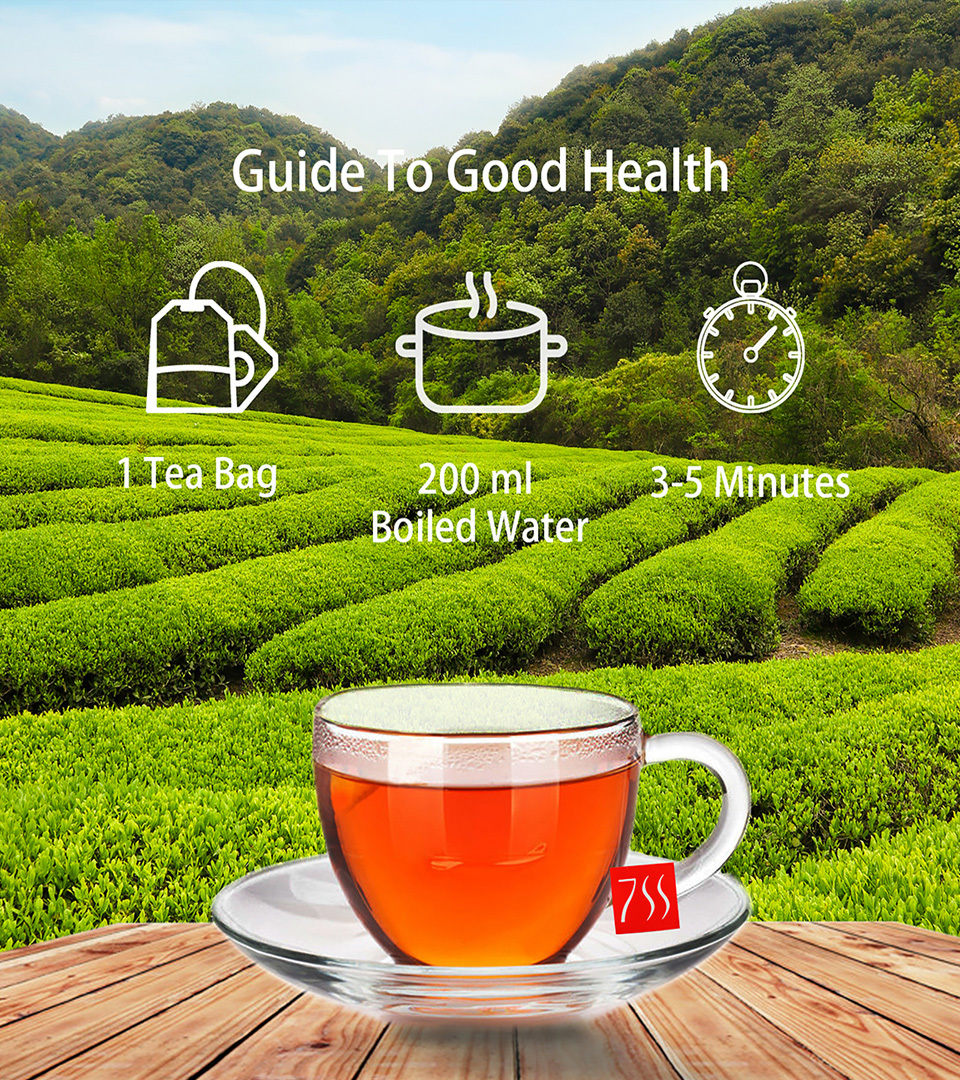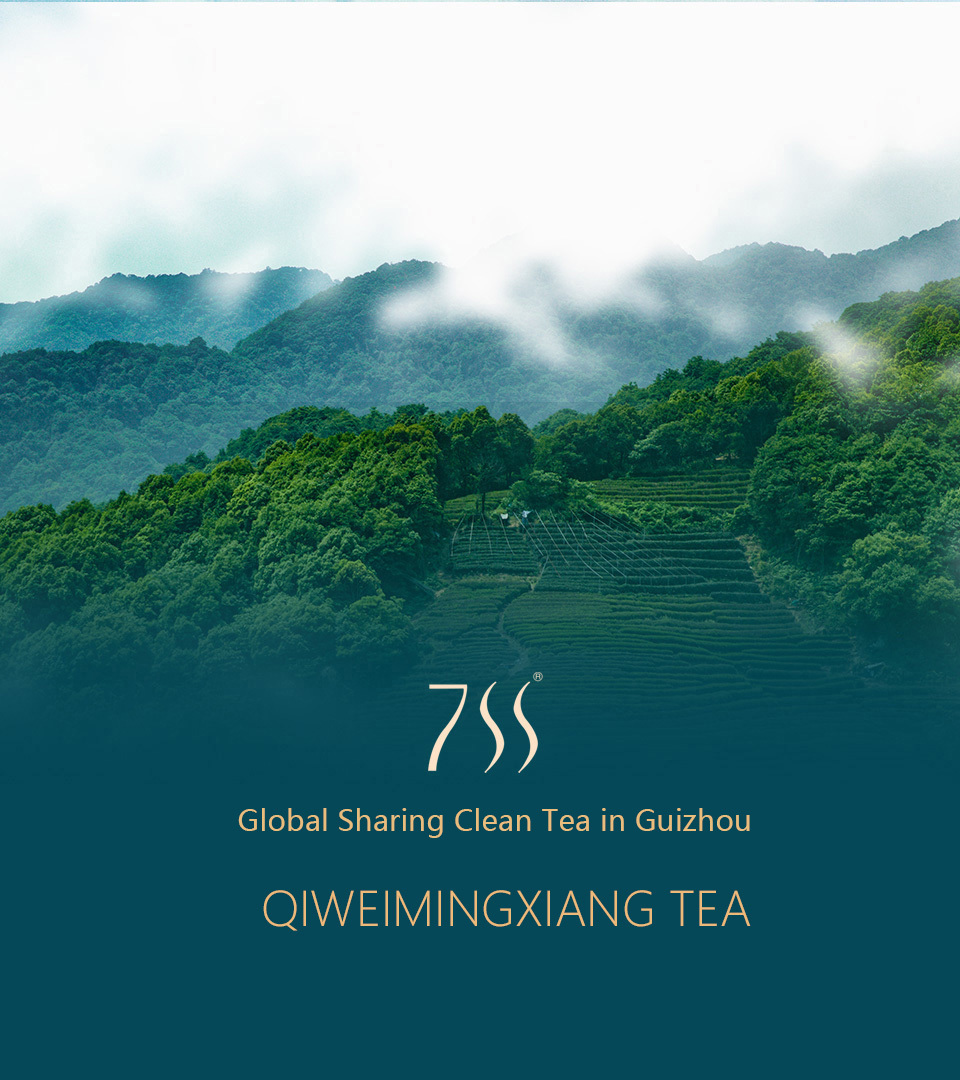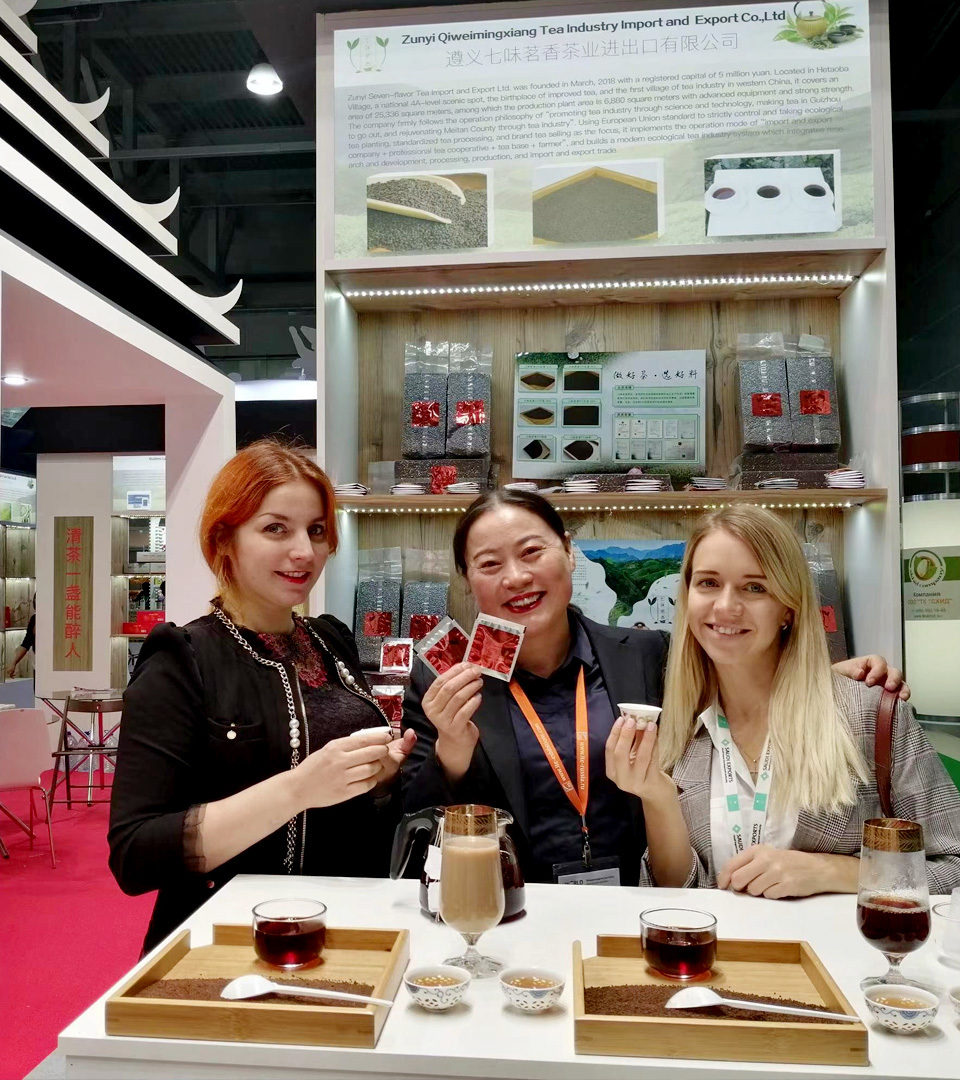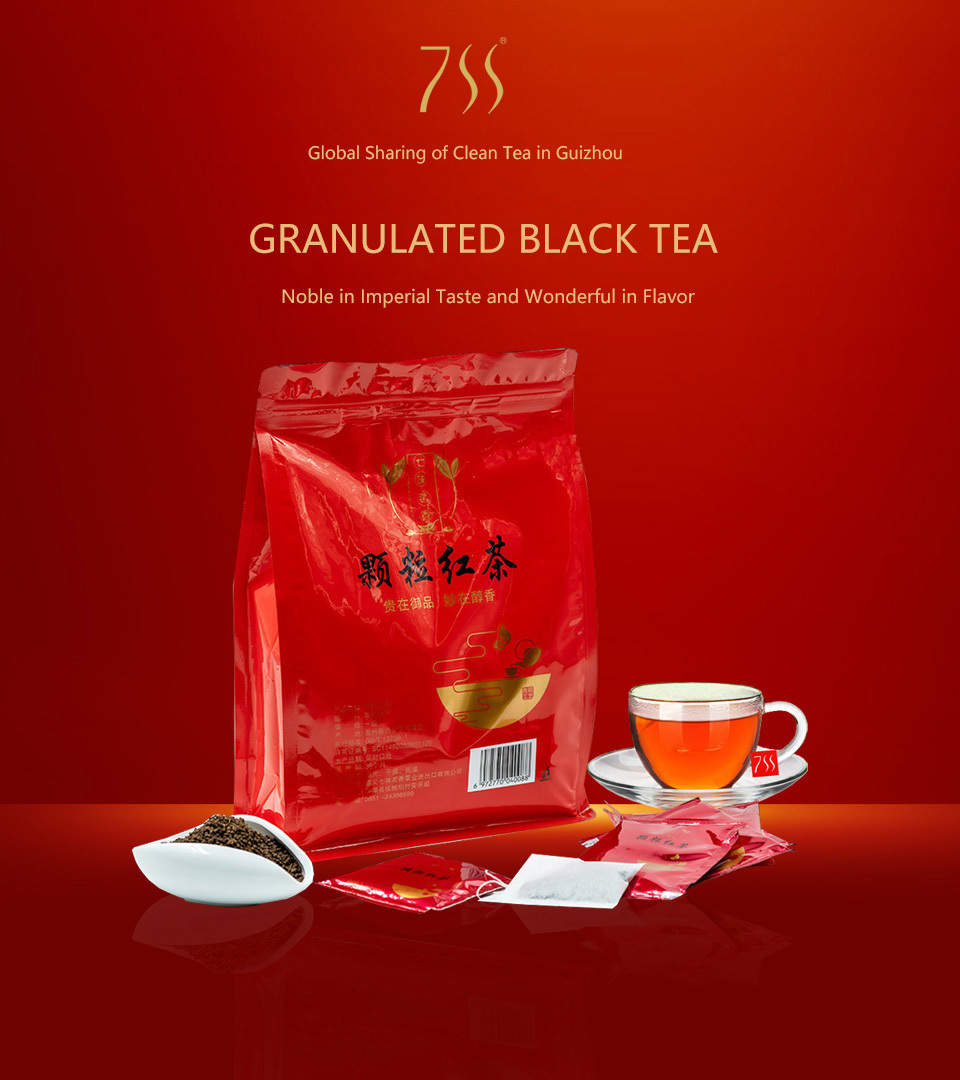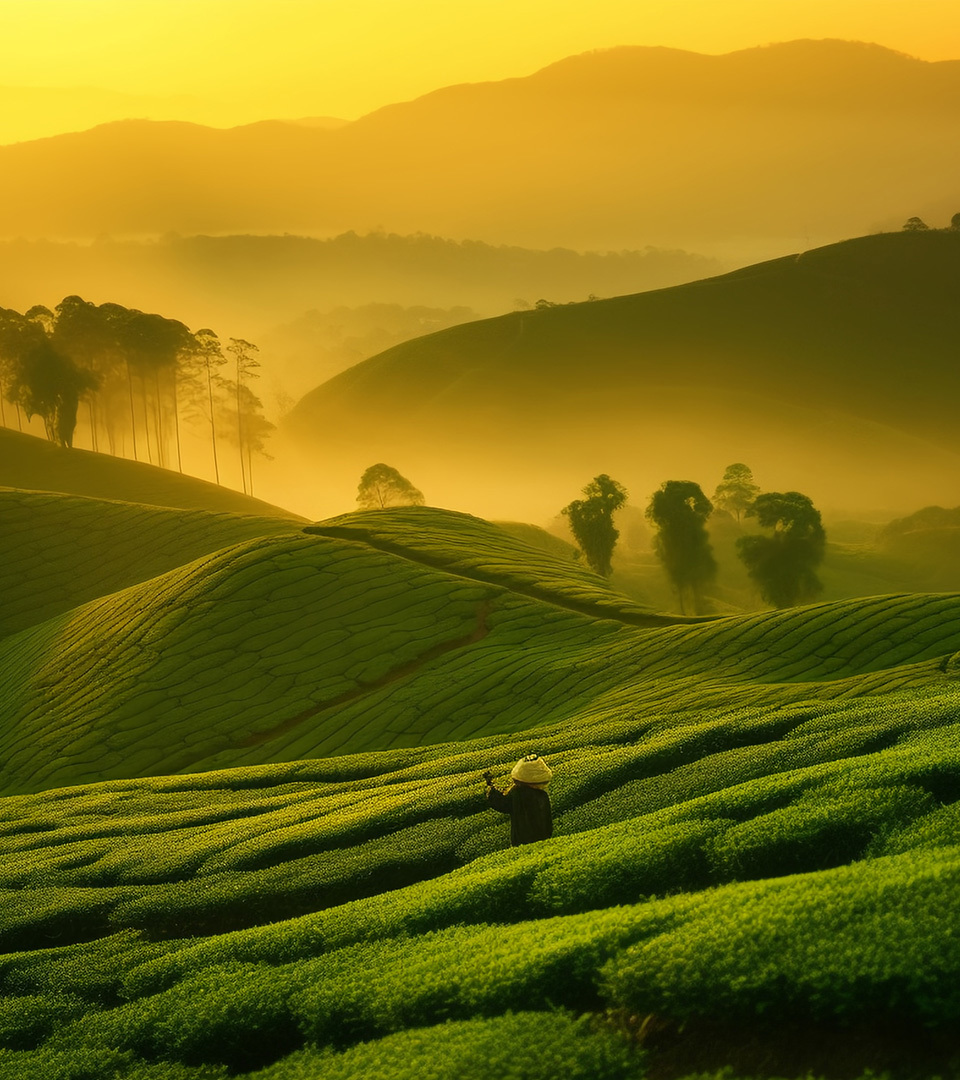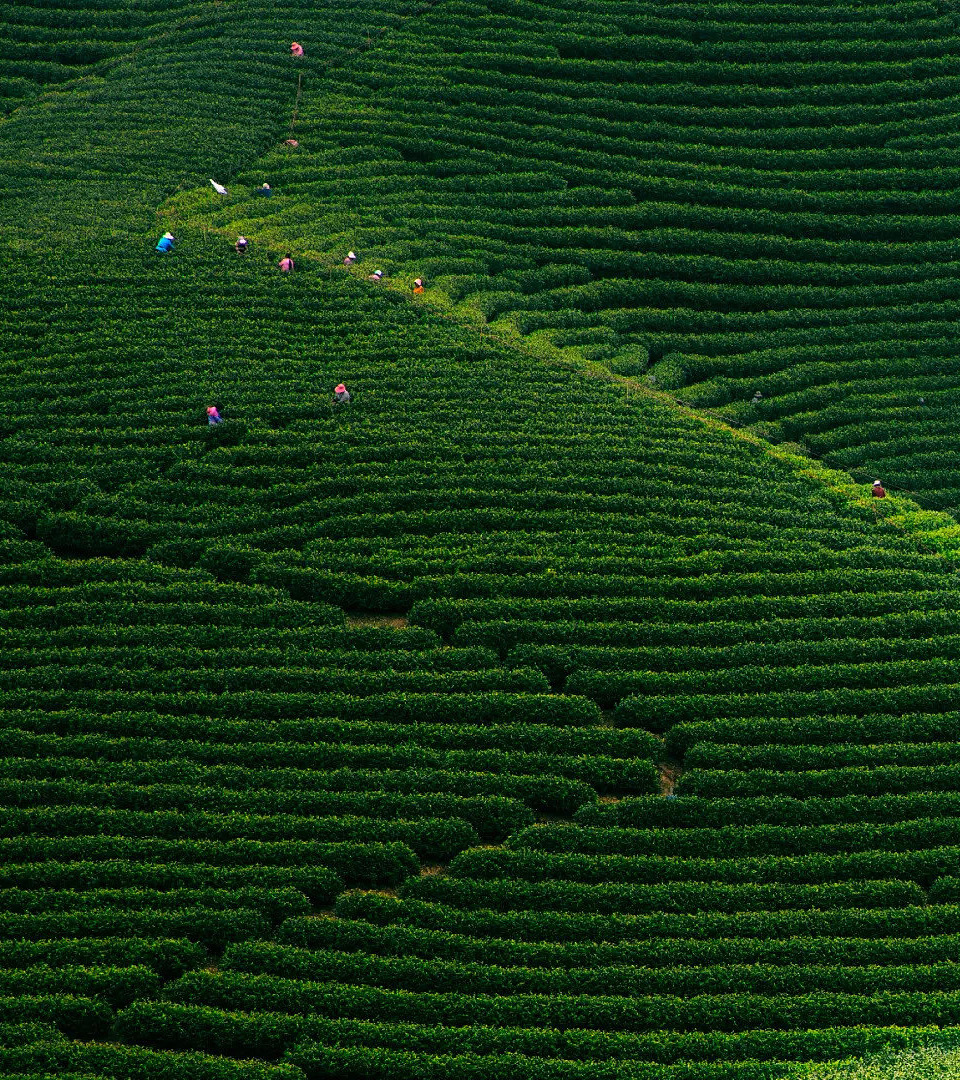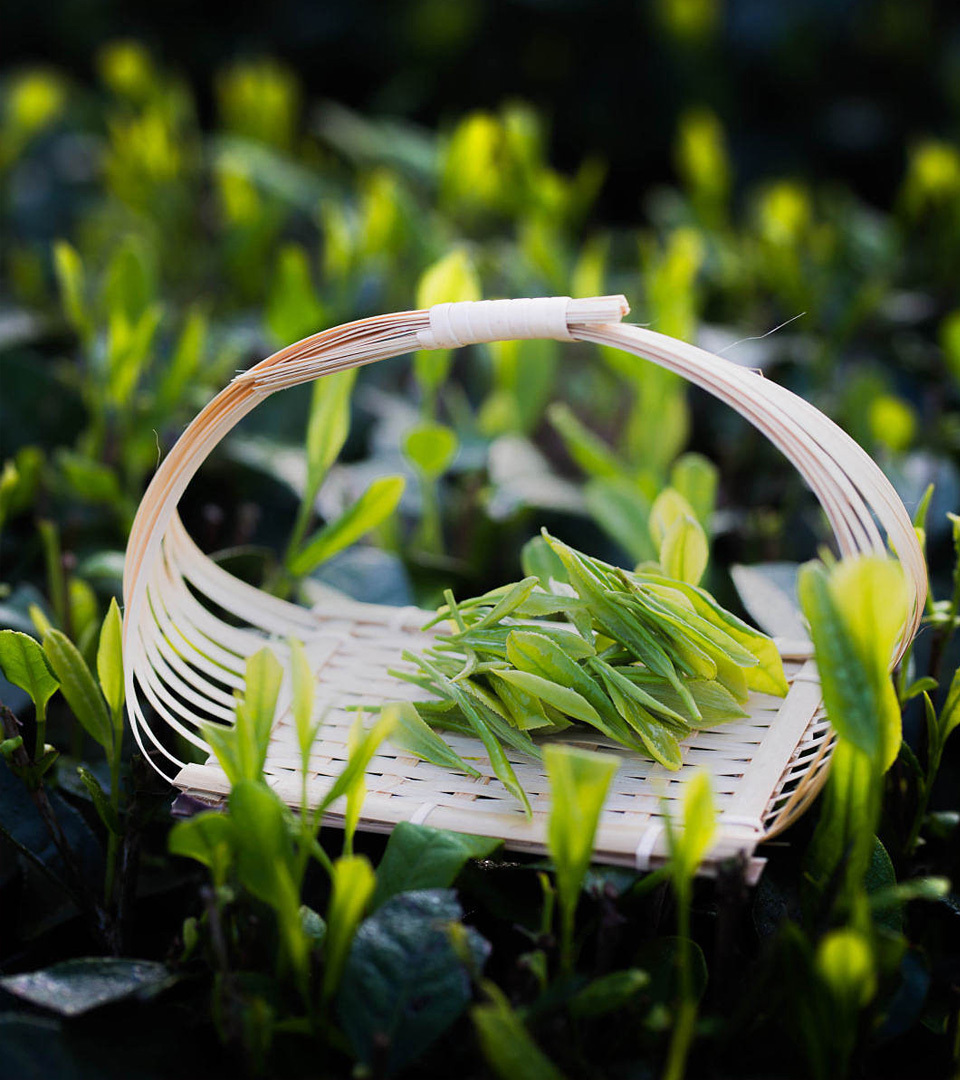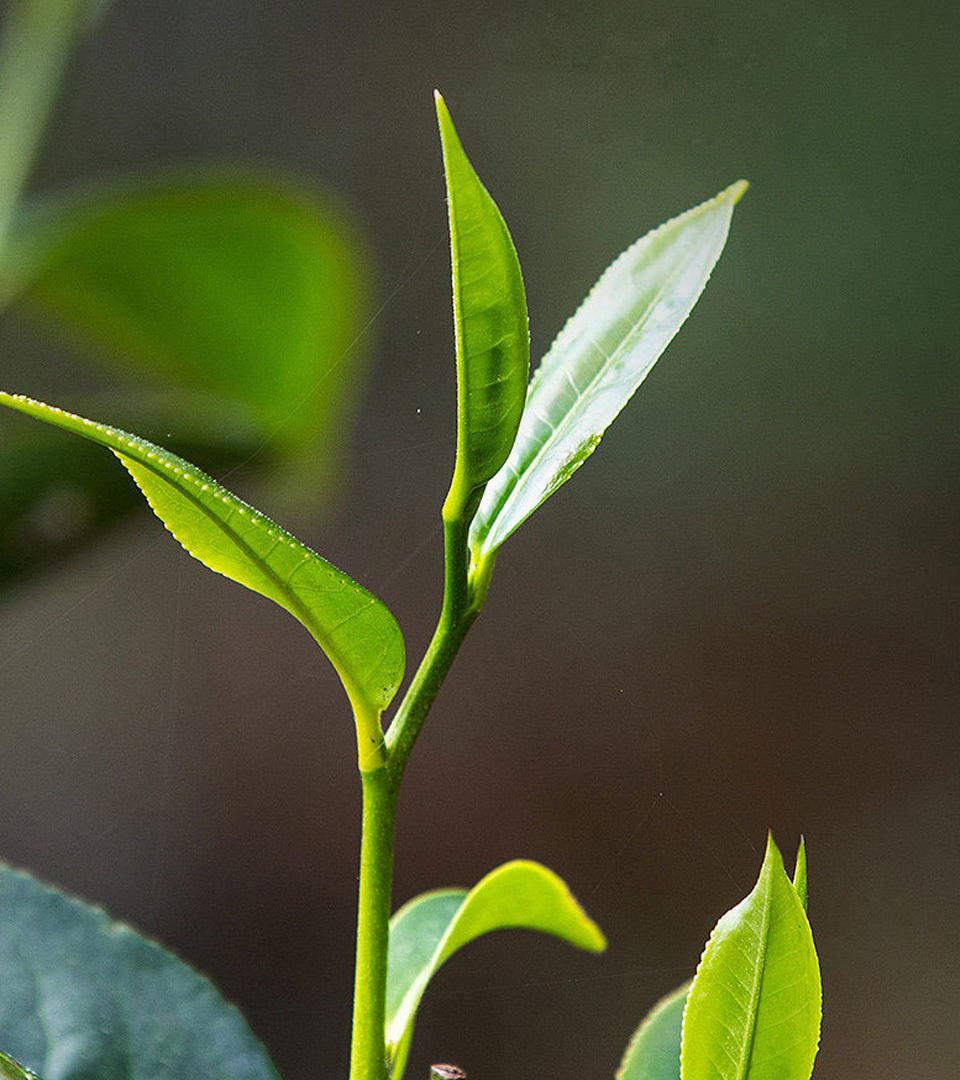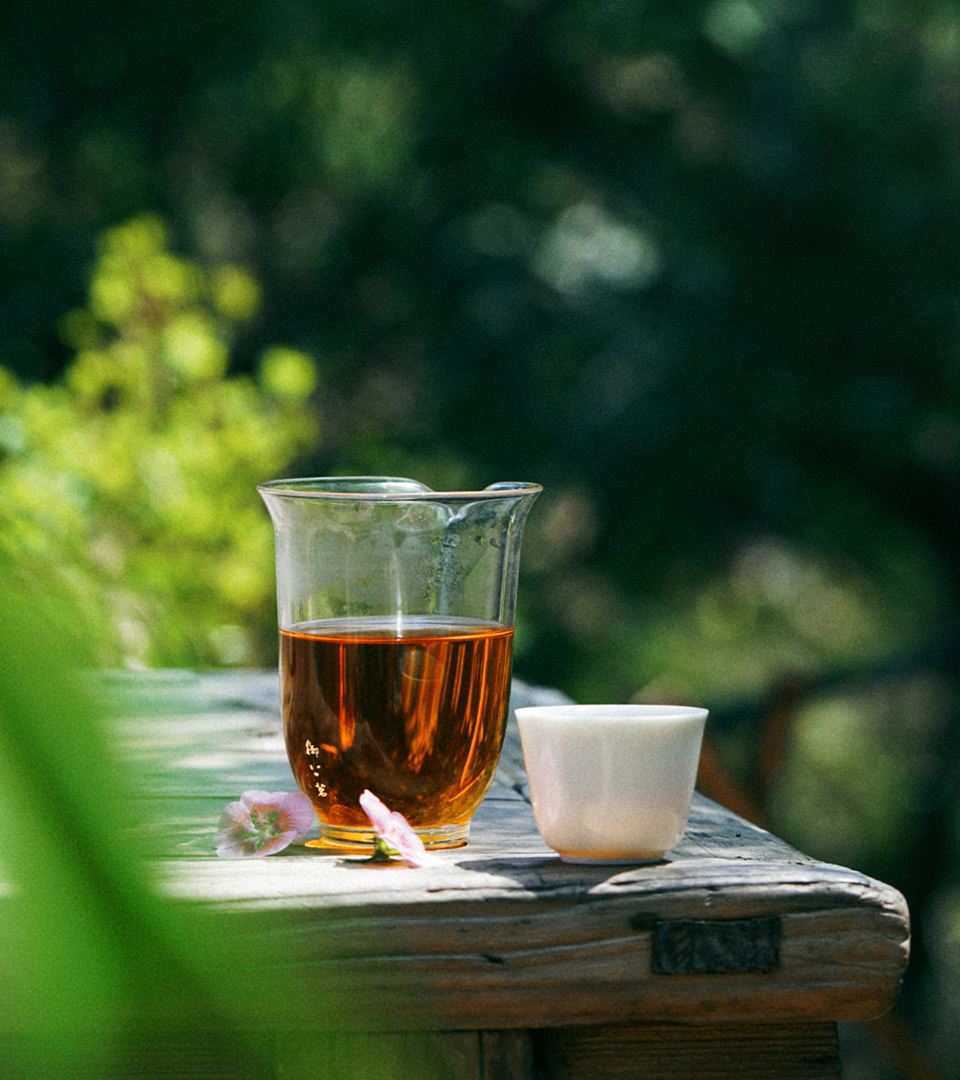Come to Meitan and find a pot of tea
Tea, regarded as the top three non-alcoholic beverages in the world, is considered the primary essence of human survival in the eyes of Tea Saint Lu Yu.
The land of China has nurtured the world's earliest tea trees, and China has a long history of tea planting, tea making, and tea drinking, known as the hometown of tea.
There are seven things that people can do in their daily lives: firewood, rice, oil, salt, soy sauce, vinegar, tea. Scholars have seven treasures: qin, qi, calligraphy, painting, poetry, wine, and tea. Chinese people are familiar with tea, from emperors and generals to ordinary people, all of whom prefer tea.
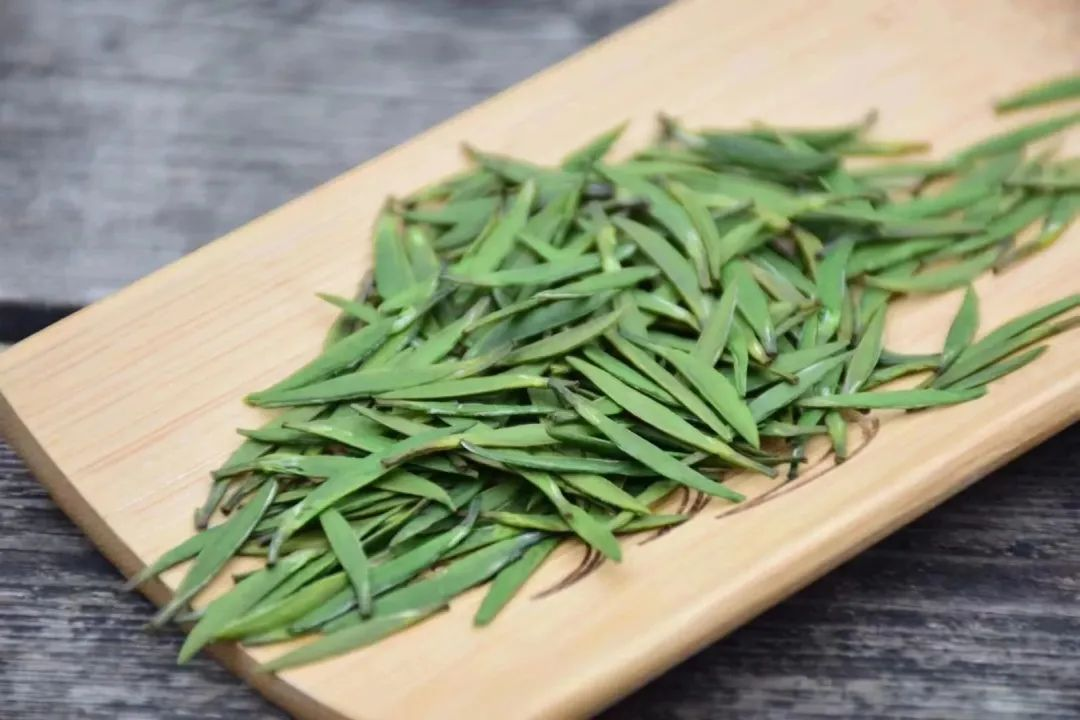
According to the "Shennong Materia Medica Classic", "Shennong tasted hundreds of herbs and encountered 72 poisons daily, and obtained tea to relieve them." In the early history of China, tea appeared as a "medicinal tea". In the Tang Dynasty, people realized that tea had functions such as refreshing, improving eyesight, losing weight, and promoting mental pleasure, and even referred to it as the "medicine for all diseases".
In ancient books, it is recorded that Zhuge Liang captured Meng Huo seven times and went to Xishuangbanna in Yunnan to enter the miasma area. Many soldiers suffered from eye diseases. Zhuge Liang asked the military doctor to boil tea leaves for the soldiers to drink, and wash their eyes with tea. Soon, the soldiers' eye problems healed and they achieved great success.
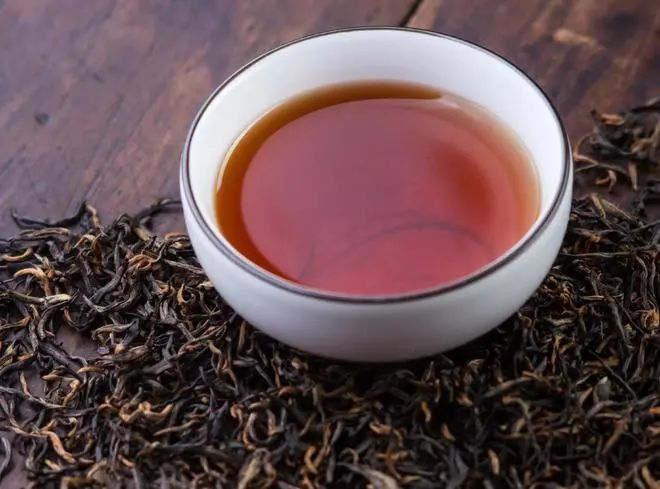
Academician Chen Zongmao from the tea industry said, "Drinking tea for a minute quenches thirst; drinking tea for an hour relaxes; drinking tea for a month brings health; drinking tea for a lifetime brings longevity
Tea has helped Shen Nong detoxify the "72 poisons" and conveyed cultural friendship and national sentiments on the Silk Road and the Tea Horse Ancient Road. In that special era of fierce wars and shattered mountains and rivers, tea is closely related to the survival of a country or a nation.
For thousands of years, Chinese people have been using tea leaves to tell a long and graceful story of fragrant tea. From the 1930s to the 1940s, these leaves have also begun to perform extraordinary stories on the magical land of Meitan in Guizhou.
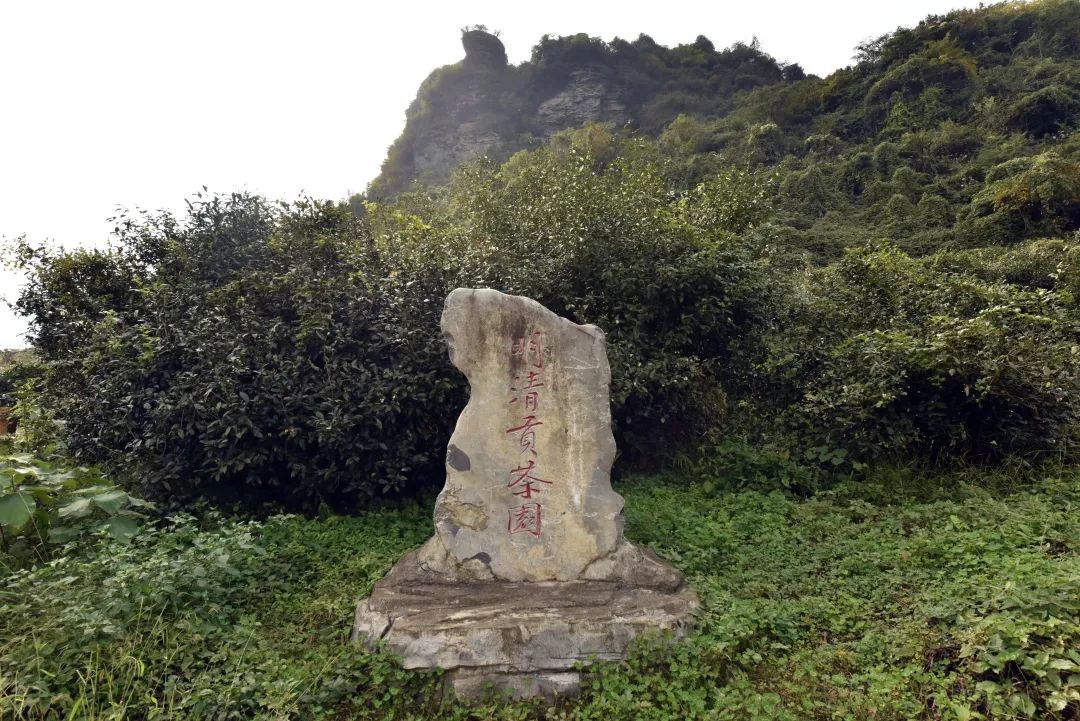
Meitan has unique advantages such as suitable geographical latitude (27 ° N), altitude, climate temperature, air humidity, and soil acidity and alkalinity.
In the 1930s and 1940s, the Chinese people faced unprecedented human war disasters. At a time of national crisis, the government of the Republic of China established a central experimental tea farm in Meitan to develop the wartime tea economy and exchange exports for strategic supplies. From then on, Meitan began the history of large-scale tea cultivation in modern China and industrial tea production in Guizhou.
Famous tea expert Zhang Tianfu personally participated in the site selection and settled in Meitan. Famous tea experts Liu Ganzhi, Li Lianbiao, Xu Guozhen, and others engaged in tea research, production, and teaching in Meitan.
History chose Meitan, and from then on, Meitan shoulders the historical responsibility of saving the nation from danger. From then on, the sons and daughters of Meitan have always held onto tea, using their diligent hands to elaborate on that very important historical story about China's modern tea industry, as well as the deep connection with tea.
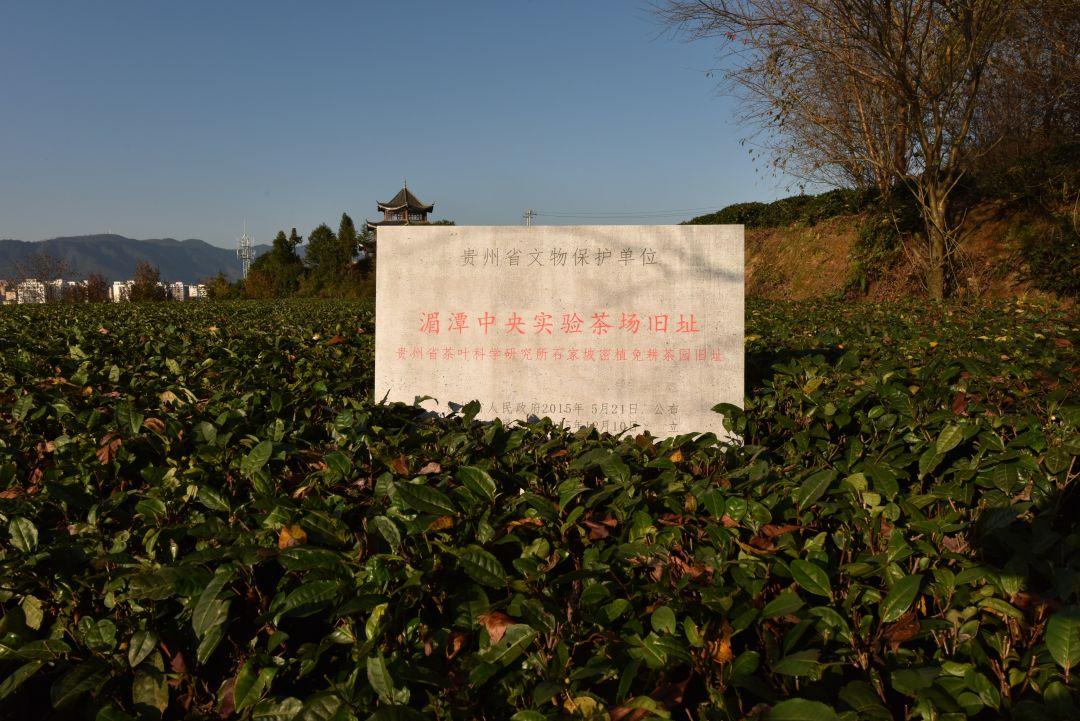
In the Tang Dynasty, Lu Yu, the tea sage, recorded the history of tea planting in Meitan in the "Tea Book", and said, "If you often get it, it tastes very good." Meitan, located in the hinterland of northern Guizhou, the Yunnan-Guizhou Plateau, the southern foot of Dalou Mountain, and the northern bank of Wujiang River, is particularly suitable for the growth of tea trees.
Meitan tea has become a tribute to various dynasties due to its excellent quality. During the Hongwu reign of the Ming Dynasty, the Rongshan Governor's Office, located on the side of the Guanyan Wenjia Farm on the remaining side of the Daluoshan Mountains, had Han and Zhang clans who had to hand over locally produced tea to the Bozhou Tea Warehouse every year as "tribute items" for the Bozhou Propaganda and Comfort Department to pay tribute to the court. In the 39th year of the Republic of China, the "Guizhou Tongzhi · Fengtu Zhi" recorded that "Meitan Meijian tea is a tribute".
Meitan did not disappoint the heavy trust of history. Through decades of unremitting efforts and countless storms, the tea plantation area has grown from less than 50000 acres at the end of the 20th century to 600000 acres now. There are over 600 tea processing enterprises and over 280 large tea processing enterprises. The number of tea house and teahouse operators is over 400, covering both urban and rural areas; More than 100 tea business owners and over 200 tea specialty stores; The tea industry chain continues to extend, developing and producing twelve types of deeply processed products, including tea polyphenols and tea seed oil. The county has 300000 people engaged in tea cultivation, processing, and business operations.

Meitan did not disappoint the heavy trust of history. Through decades of unremitting efforts, it has achieved good results such as being the first county in the tea industry in Guizhou, the first county in the tea garden area in China, and the first place in the top 100 tea counties in China. At the same time, it also left behind a large number of precious tea cultural resources such as tea research, planting, and processing sites. These tea cultural resources have a long history and are well preserved. Not only has it preserved over a hundred tea garden landscapes, houses, and buildings related to tea cultivation, scientific research, and processing since the Republic of China, but it has also fully preserved two wooden black tea production lines from the 1940s to the 1980s, as well as over ten thousand pieces of planting, processing, scientific research equipment, and instruments, as well as thousands of acres of old tea gardens in the Ming, Qing, and Republic of China that provided raw materials. Of particular importance is the integrity of various wooden implements, which are extremely rare in the country and are an important tea cultural heritage in China in the 20th century. The existence of these tea cultural heritages is not only an important physical material for studying the development history of tea in Meitan County, Guizhou Province, and even modern China, but also has certain representativeness in the world.
Meitan has always adhered to the quality and safety of tea as the lifeline of the tea industry. Tea farmers have vowed to "prefer grass to glyphosate", vigorously promoting green prevention and control technologies for tea garden diseases and pests, and safeguarding the concept of "clean Guizhou tea · global sharing" deeply rooted in people's hearts. On the opening day of the 14th Guizhou Tea Industry Expo, the first national tea industry environmental protection court was established in Meitan, Guizhou. Meitan is linked by the Tea Expo, where people make friends through tea, discuss the Tao through tea, promote culture through tea, and prosper through tea. It only grows ecological tea and organic tea; Only make artisanal tea and clean tea; Only selling conscience tea and peace of mind tea. Meitan ranks first among China's top 100 tea counties, which is inevitable.
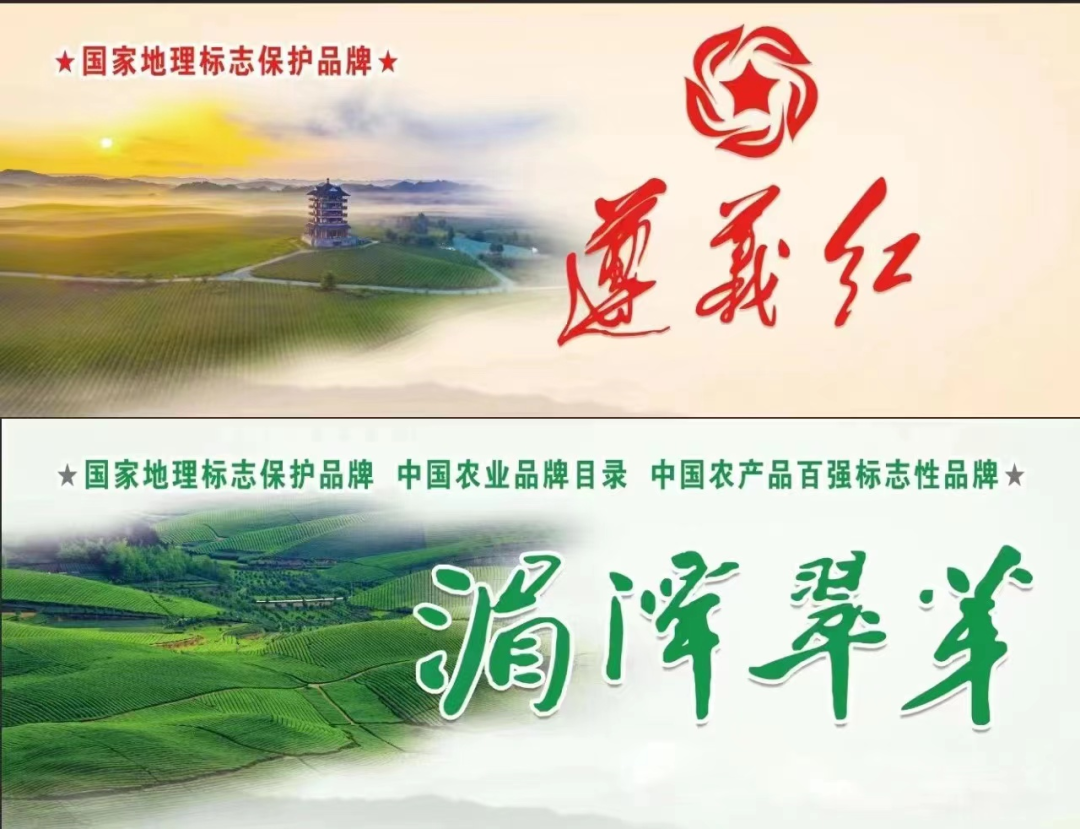
Academician Chen Zongmao of the Tea Industry highly praised the ecological tea garden in Meitan, which combines forest and tea. It is rare in the world to integrate tea garden ecological scenery, tea cultural landscape (the world's largest pot), tea processing, and tea house leisure industry. Only Meitan in China has achieved this.
In Meitan, everything in sight is full of vitality. The gentle breeze caresses the fragrance of tea and intoxicates people's hearts. Not only can one feel the majestic momentum of thousands of acres of tea sea flipping over the blue waves, but they can also enjoy the happiness and sweetness of sleeping with the fragrance of tea and listening to the chirping of birds waking up; Enjoy the benefits of tea thirst quenching, health care, and health preservation; Especially the Meitan people who enjoy this green dividend are so lucky and happy.
Just like the author Xiao Qin's poem "I only wait for a pot of tea in my life", in the tea houses on the streets and alleys, men over fifty years old sit in the tea houses with their persistence and leisure, drinking tea while discussing the world. There are always endless dragon gate formations, seemingly designed specifically for waiting for a pot of tea. Waiting for a pot of Meitan Cuiya, which is renowned for its lush green color, mellow taste, and beautiful appearance, and a pot of Zunyi Red, which has a bright red soup color, a sweet and fragrant taste, and a warm nature like jade. Waiting for a pot of Jinhua Girl, a pot of Longquan Sword Tea, a pot of Guizhou Needle, a pot of Orchid Fragrant Tongue, and a pot of Ancient Tree Tea Waiting for a pot of good tea with stories, flavors, connotations, and culture.
In recent years, about 5 million tourists come to Meitan every year, mostly for the purpose of seeking tea.

Tea is an item with profound connotations, nurturing a profound cultural heritage. To make tea, there is knowledge and essentials, including good tea, good water, good tea utensils, and mastering good tea making techniques, in order to truly obtain a cup of good tea. The understanding of tea is not only about understanding its physical characteristics, but also about understanding its thousands of years of culture and its deepest aspects.
The Confucian doctrine of the mean is rooted in the tea ceremony, advocating for ideological communication during the process of drinking tea, thereby creating a harmonious atmosphere and achieving a friendly realm of mutual love, respect, and assistance. The Buddhist Zen sect uses tea to assist in meditation and has a clear understanding of the mind and nature. Monks understand the hardships of life from the bitter taste of tea, understand the righteous path, and achieve the combination of Buddha nature and tea nature. Taoism advocates purity and inaction, pursuing a simple, natural, and indifferent life. The Tea Classic by Tea Saint Lu Yu undoubtedly pushes the concepts of history, culture, tradition, and life to the extreme.
Drinking tea is a way of life, loving tea is falling in love with a quality life. How can a quality life be without tea?
May the pot of Meitan tea that you are searching for and longing for be as you wish!

